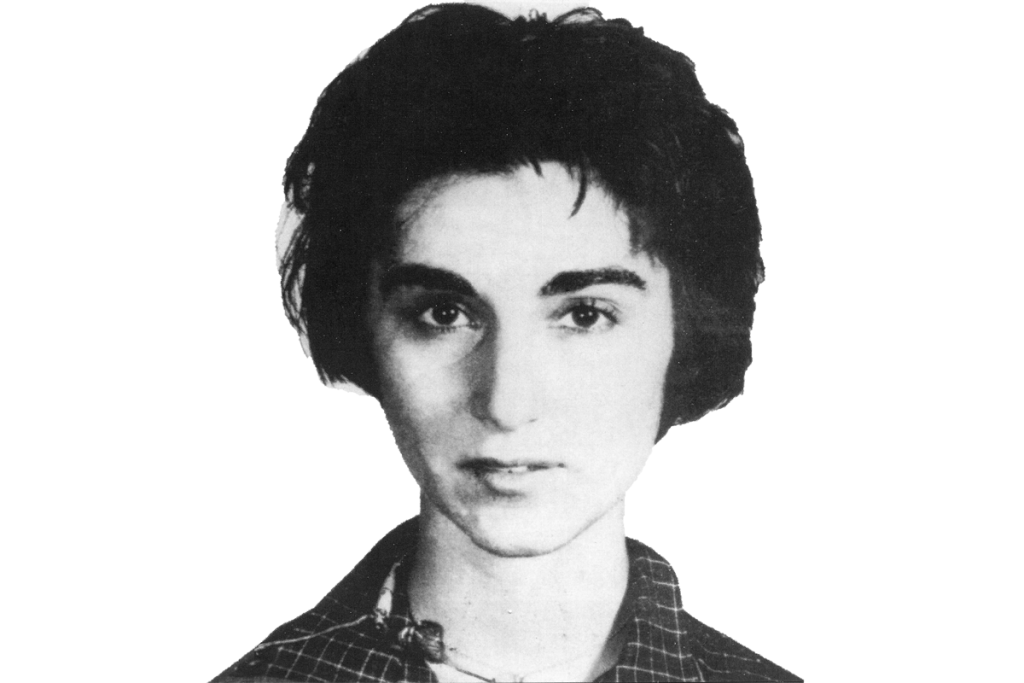
MPAA Rating: NR | Rating: ★★★★½
Release year: 2016
Genre: Crime, Documentary Director: James Solomon
I remember hearing about the story of Kitty Genovese in a college psychology class. It was the tragic tale of communal moral incapacity, where a young woman was violently murdered while an apartment building full of witnesses did nothing to respond. The ultimate sin of omission, the Genovese story served as a true-life moral parable, a the dark version of the Good Samaritan story. James Solomon’s documentary film The Witness asks, what if this wasn’t the entire story?
The Witness follows Kitty’s younger brother Bill Genovese as he attempts to track down the people involved in his sister’s death 50 years earlier: witnesses, neighbors, family members, friends, her roommate, her ex-husband, and ultimately her murderer. What becomes increasingly apparent as the story unfolds is that the case of Kitty Genovese was more complex than initially reported in a New York Times article which made the story famous. The NYT story claims 38 people had witnessed Kitty being stabbed by her attacker in front of an apartment building, and nobody called the police or got involved. Yet the term “witness” is muddled here, with many of those witnesses unable to actually see anything–most of them heard Kitty scream but were unaware of what was happening–and at least one witness claims she did call the police. The Witness clips along like a true-life mystery tale, right down to Bill Genovese admitting his obsession with the case, surrounded by a room full of pictures, newspaper clippings, and white boards, something right out of a detective film.
The Witness addresses how we deal with tragedy through the grief and guilt of those who go on living. It’s clear that each person involved in the case, whether they were a family member, a friend, or a witness, were deeply affected by Kitty’s death. Bill Genovese, stoic and calm for such an emotional journey into personal tragedy, comes across as quietly consumed by his sister’s death and his subsequent actions. Due to the legend of the nonreactive witnesses, Bill enlisted in the military to fight in Vietnam, losing both of his legs in battle. Would he have chosen otherwise had he known of the witnesses who did try to act, who were present with his sister in her last moments? Whatever the case, The Witness explores how we cope with tragedy, how our memories and stories change and evolve over time, and how some wounds never seem to fully heal. It’s also an evaluation of the role media plays within our collective memory, how the New York Times article about Kitty and the 38 witnesses sensationalized this particular tragedy, a sort of real-life Ace in the Hole scenario where The Story becomes grander than the actual story.
There’s a pivotal climactic scene where Bill Genovese hires an actress to reenact the scenes of that dreadful night. While I initially wondered if this tactic would feel over-the-top or melodramatic, there was something deeply affecting about this moment, both for Bill and for myself. The Witness is unique in its paradoxical ability to provide both a disquilibrating evaluation of the mythic qualities of a famous moral story, and a sense of closure for both Bill and the film audience. As the audience, we bear witness to the story before us, and are thus compelled to reintegrate this story within our own memories and practices. It’s a story I won’t soon forget.
IMDB Listing: http://www.imdb.com/title/tt3568002/